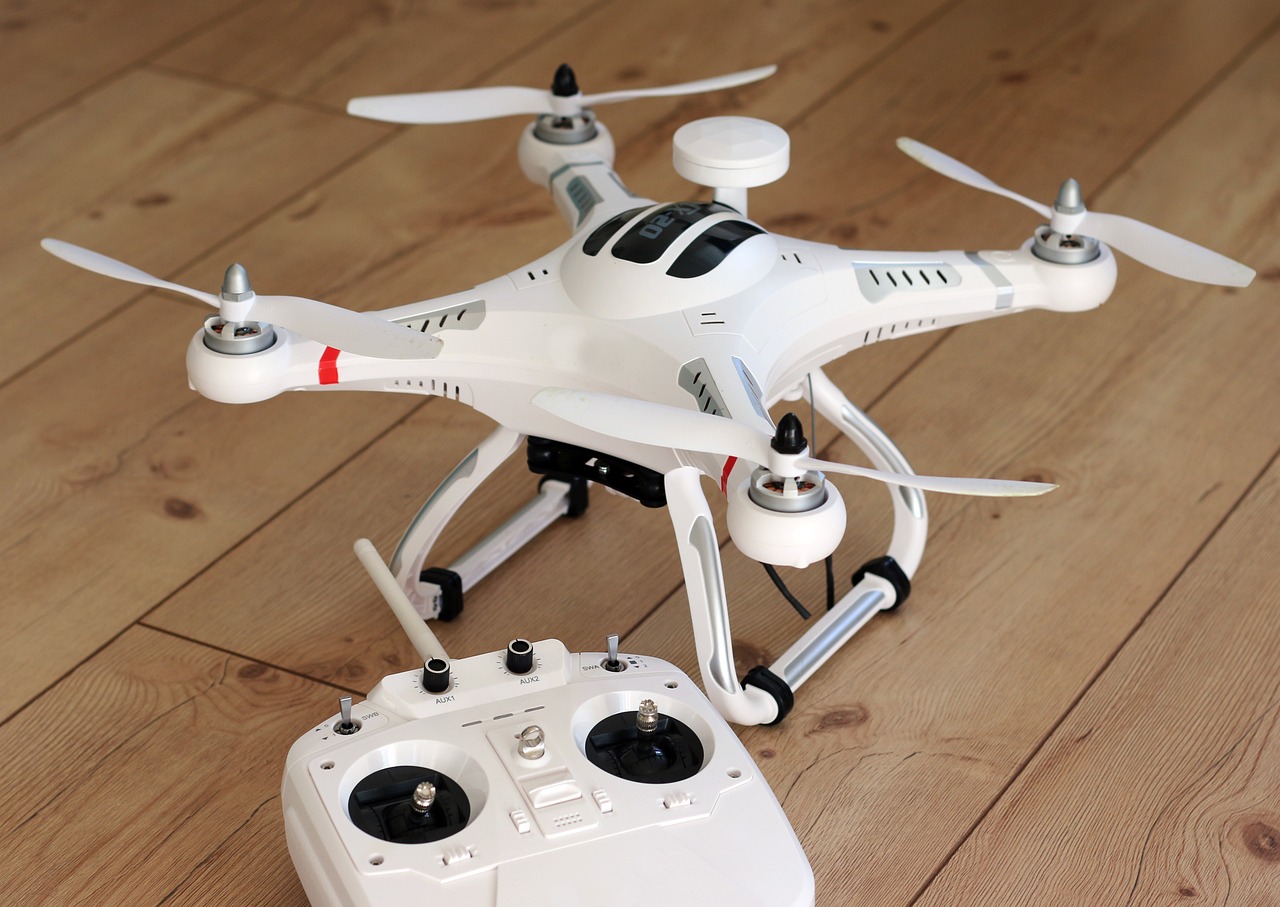
New Delhi: The Directorate General of Foreign Trade (DGFT) today simplified and liberalized the policy for the export of drones/unmanned aerial vehicles (UAVs) meant for civilian end uses from India, the Ministry of Commerce and Industry stated here.
The export of drones/UAVs not covered under the specified categories in the (Special Chemicals Organisms Material Equipments and Technology) SCOMET list and capable of a range equal to or less than 25 km and delivering a payload of not more than 25 kgs (excluding the software and technology of these items) and meant for only civilian end-use, will now be subject to General Authorization for Export of Drones (GAED), a onetime general license valid for 3 years.
This decision has been taken in line with the emphasis laid in India’s Foreign Trade Policy 2023 on facilitating the export of high-tech items which includes the promotion of exports of drones/UAVs manufactured in India for civilian end uses and taking into consideration India’s international obligations on non-proliferation.
Based on the wider consultations held with all the stakeholders including seeking public/Industry comments on the policy, the SCOMET policy of drones/UAVs meant for civilian use has been amended vide DGFT Notification No. 14 dated June 23, 2023, to simplify and liberalize the policy for export of drones/UAVs.
All types of drones/UAVs were earlier controlled/restricted for export under category 5B of the SCOMET list of the Indian Trade Classification Harmonised System (ITCHS) classification of import and export Items. This list deals with the category of items that are subject to specific regulations due to their potential dual-use nature—meaning they can have both civilian and military applications. SCOMET license was required for export of such items and the Industry was facing challenges to export drones with limited capability which are only meant for civilian use.
This policy change will not require the drone manufacturers/exporters with GAED authorization to apply for a SCOMET license for every similar export shipment meant for civilian purposes, within the validity period of 3 years subject to post-reporting and other documentary requirements, reducing the compliance by the industry to apply for SCOMET license every time they have to export any kind of civilian drone/UAVs.
This would further facilitate the Drone/UAV manufacturers/industry to export drones with ease, thereby, facilitating ease of doing business and promoting export from India. This policy change would also promote India as a global manufacturing hub of drones/UAVs and push the start-ups/new drone manufacturers in this field to scale up and look at the global markets, the Ministry said. It added that this will allow Indian drone manufacturers to access larger markets and compete on a global scale, ultimately boosting economic activity. Liberalizing export controls on drones may also encourage innovation and technological advancement in the drone/UAV industry.
-global bihari bureau





